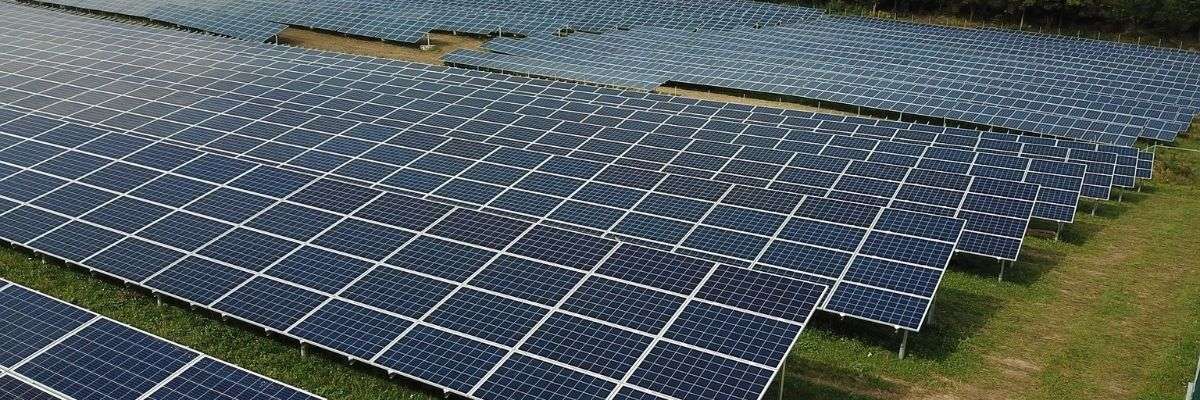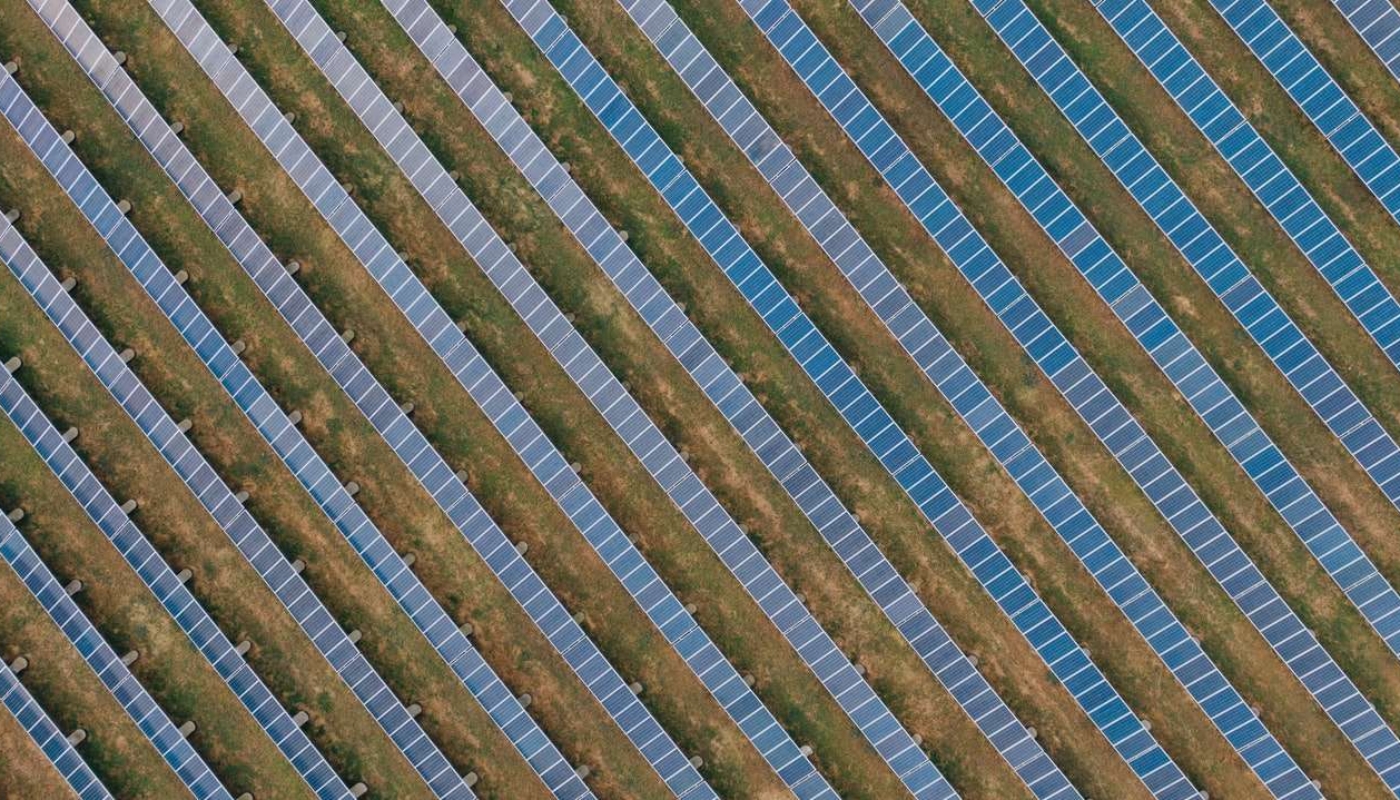Since its establishment in 2020, Maine’s Net Energy Billing Program has allowed utility customers, including businesses and municipalities, to benefit financially from locally-owned and operated renewable energy generators such as solar panel systems. Through two separate NEB Programs—the NEB Kilowatt-Hour (kWh) Credit Program and the NEB Tariff Rate Program—eligible Maine utility customers can receive credits on their electricity bills. In this article we will examine how Maine Net Energy Billing works, who is eligible for the Program, and how to apply.

What is Maine’s Net Energy Billing Legislation?
The Maine Public Utilities Commission (PUC) established Net Energy Billing (NEB) in order to help implement State policy which encourages renewably-sourced electricity generation through small independently-owned generation sources, allowing customers to produce electricity for their own use. NEB is governed by P.L. 2019 c. 478 and Chapter 313 of Maine PUC rules.
How Does Maine Net Energy Billing Work?
Maine’s Net Energy Billing Programs allow customers to offset their electric bills using the output from small renewable energy generators. Under the NEB Programs, customers own their project, or share a project with other customers. The generation facility may be located on the customer’s own property, or another property within the same utility service territory. Under NEB, there are two different programs—the NEB Kilowatt-Hour (kWh) Credit Program and the NEB Tariff Rate Program. Below we will examine the main details of each program, highlighting key similarities and differences.
- NEB Kilowatt-Hour (kWh) Credit Program
- Available to all electric utility customers—residential, commercial, and industrial.
- Participating customers receive kWh credits on their electric bills.
- Eligible projects must be renewable generators less than 5 MW in size.
- Customers may own their project (e.g. a rooftop solar panel installation), or participate in a larger shared project (e.g. a community solar subscription).
- In order to market projects to residential or small commercial customers, entities must be registered with the PUC.
- Those entities must also provide customers with an NEB Disclosure Form (kWh Credit) that includes information about project costs and benefits.
- Unused credits will expire after 12 months.
- NEB Tariff Rate Program
- Available to non-residential customers only.
- Participating customers receive dollar credits on their electric bills, with the rates determined annually by the PUC.
- Eligible projects must be renewable generators less than 5 MW in size.
- Customers may own their project or share a project with other commercial & industrial customers.
- In order to market projects to residential or small commercial customers, entities must be registered with the PUC.
- Those entities must also provide customers with an NEB Disclosure Form (Tariff Credit) that includes information about project costs and benefits.
- Unused credits will expire after 12 months.
What are the Rates of the Maine Net Energy Tariff?
Each year, by January 1, the PUC establishes Net Energy Tariff rates. Participants in the NEB Tariff Rate Program receive bill credits equal to the tariff rate multiplied by the customer’s share of facility output during the applicable time period. Bill credits are then applied against the total bill amount issued to the customer by the utility company. Please note that the application of a bill credit may not result in a negative customer bill and, as mentioned above, unused credits expire after 12 months.
2022 Maine Net Energy Tariff Rates
The table below shows the rates of the Maine NEB Tariff Rate Program for the calendar year 2022, categorized by customer class and utility company.
| Customer Class | Central Maine Power Company | Versant Power - Bangor Hydro District | Versant Power - Maine Public District |
|---|---|---|---|
| Small Commercial | $0.192834 per kWh | $0.207552 per kWh | $0.184707 per kWh |
| Medium Commercial or Industrial | $0.188937 per kWh | $0.202088 per kWh | $0.178505 per kWh |
| Large Commercial or Industrial | $0.145562 per kWh | $0.174322 per kWh | $0.205990 per kWh |
Who is Eligible for Net Energy Billing in Maine?
The basic eligibility requirements for Maine’s Net Energy Billing Programs, as outlined in the Maine Public Utilities Commission Chapter 313, are as follows:
- The customer must be located within the utility’s service territory.
- An eligible facility must have a nameplate capacity of less than 5 MWAC.
- Municipalities may have an eligible facility with a nameplate capacity of more than 5 MWAC, however, no more than 4.999 MWh can be used for net metering. Any generation above that threshold will be used to offset system losses—no credit will be applied to the customer.
- Eligible facilities must generate energy using a renewable fuel source or technology, including:
- Fuel Cells
- Tidal Power
- Solar
- Wind
- Geothermal Electricity Production
- Hydroelectric
- Biomass fueled by wood/wood waste
- Landfill Gas
- Anaerobic digestion of agricultural products/by-products
- Generators fueled by municipal solid waste in conjunction with recycling
How to Apply for Maine Net Energy Billing
As per Central Maine Power (CMP), utility customers wishing to apply for net energy billing are required to fill out a net metering Chapter 313 application, as well as a Chapter 324 application for an interconnection agreement, and submit these documents to Central Maine Power prior to commencement of the service. The Chapter 313 net energy billing application is available at this link. Further information about implementation of the net energy billing rule is available in this FAQ from CMP.
Are you a Maine resident interested in developing a solar project? Reach out to YSG Solar today. YSG is seeking suitable land for the development of solar farm projects in Maine. If you’re a Maine landowner interested in generating an additional source of income with minimal effort on your part, you could be in luck. Call the office at 212.389.9215 or send us an email to find out how much you could earn with a solar land lease.
YSG Solar is a project development company responsible for commoditizing energy infrastructure projects. We work with long-term owners and operators to provide clean energy assets with stable, predictable cash flows. YSG's market focus is distributed generation and utility-scale projects located within North America.
Sources:
https://www.maine.gov/mpuc/regulated-utilities/electricity/neb
https://www.maine.gov/mpuc/sites/maine.gov.mpuc/files/inline-files/Chapter313NEB.pdf

